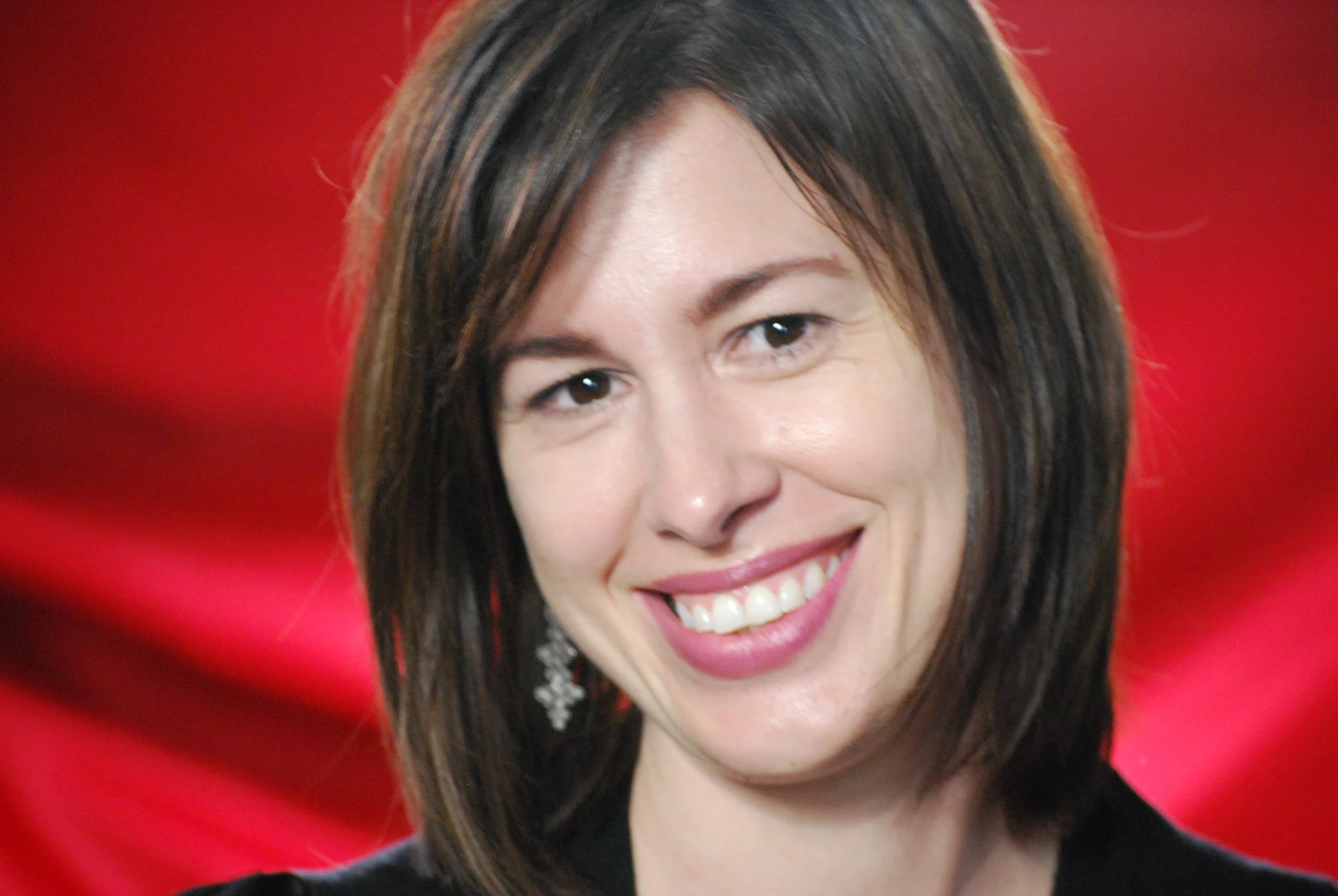To Agent or Not to Agent? That Is the Question.
Erin Brown
Man, is it tough out there. I know, I’ve been on both sides of it – as an editor at major publishing houses, buying books (“I’ll take it!”), and as an author, trying to sell novels (“Please take it!”). In this age of self-publishing, it’s also tempting to give it a go yourself, and hey, it’s a viable option, as long as you’ve got some money to invest and some serious drive (and crank out those books, one after the other, pronto). But what if you go the traditional route? Surely, there are publishing houses out there that still accept unagented submissions, right? Why should you give your hard-earned money to some agent? What exactly do you they do all day anyway? Why not go directly to the publishing house, keep that 15 percent, and roll on a bed with some cash all day.
Well, I’ll tell you how these agents earn their 15 percent. First, a good one will make sure that your manuscript is in perfect shape before you send it out to editors. Of course, you should have already honed your manuscript in order to get representation (agents don’t have time to spot your diamond in the rough and spend months working with you to make it into something saleable). But an agent worth his or her salt will give it a final read-through and look for any remaining errors or areas that need improvements.
Secondly, something you can’t do: an agent can draw on their relationships with editors. This is why it’s a good idea to choose your agent wisely. Those three-martini lunches with editors will pay off when your submission gets placed on top of an editor’s submission pile – and a teetering pile it is! Agents’ relationships with editors are key; they can get you in the door. You don’t need a high-powered agent either . . . just one who is apt at building connections. That’s why it’s important to interview your potential agent. If they’re congenial with you, they probably also have amiable affiliations with editors that they can draw upon when it comes time to send out your manuscript.
Agents stay abreast of what individual editors are currently looking for, which allows an agent to know who will want to take a gander at your work. Targeting queries is key and good agents have insight into an editor’s tastes. Your agent will draw upon years of (hopefully) impactful meetings and interactions with various editors in the industry. Or if they’re a new, young agent, they might have a strong agency name to back them, or their excitement and enthusiasm will be appealing and memorable.
Obviously, an agent is there to protect you when it comes to signing the contract. I don’t know about you, but my brain shuts down when confronted with legalese, and I’m tempted to sign anything just to make it all end. (My brain also shuts down when confronted with my fourth grader’s fraction homework, but that’s another sad tale.) And I’m not so great at negotiating. “Sure, that advance and royalty rate sounds great! Oh, you want my first-born child as well? Here, take him!” This happens. Maybe not the first-born part, but a publishing house has every chance to jump on an unagented author and negotiate a book deal to their advantage. In a perfect scenario, a good editor will advise the author to get an agent or at least get legal advice, but you can’t depend on receiving that counsel.
An agent can also save you a lot of headaches in the long run when it comes to dealing with your publishing house by being a great advocate and intermediary. Don’t want to make that pesky phone call asking where your check is? Your agent will handle it. Don’t like the direction the cover art is going? Sit back, relax, and let your agent break those kneecaps. Or do you want someone to cushion bad news? I know that I would pay someone to do that for me: “Erin, your book is a bestseller!” cries my imaginary, future agent. He then whispers under his breath, “In Liechtenstein.” Hell, who am I kidding? I would love to have a bestselling book in Liechtenstein.
Overall, agents exist for good, not just to take your money. There are tons of advantages to snagging a good one – to gain access to their established relationships with editors, their knowledge about the industry and negotiating contracts, and to have an advocate always in your corner, protecting your best interests. Isn’t that worth a measly 15 percent? Almost all traditionally published authors would agree: get thee to an agency before a publishing house!
Erin Brown worked as an editor for almost a decade at two major New York publishing houses, William Morrow, a division of HarperCollins, and Thomas Dunne Books, a division of St. Martin’s Press. She’s had her dream job for ten years now, as a freelance editor working directly with writers in order to improve their work (and hopefully find representation and publication!). You can contact her at www.erinedits.com. You can also email her directly at: erin@erinedits.com.

